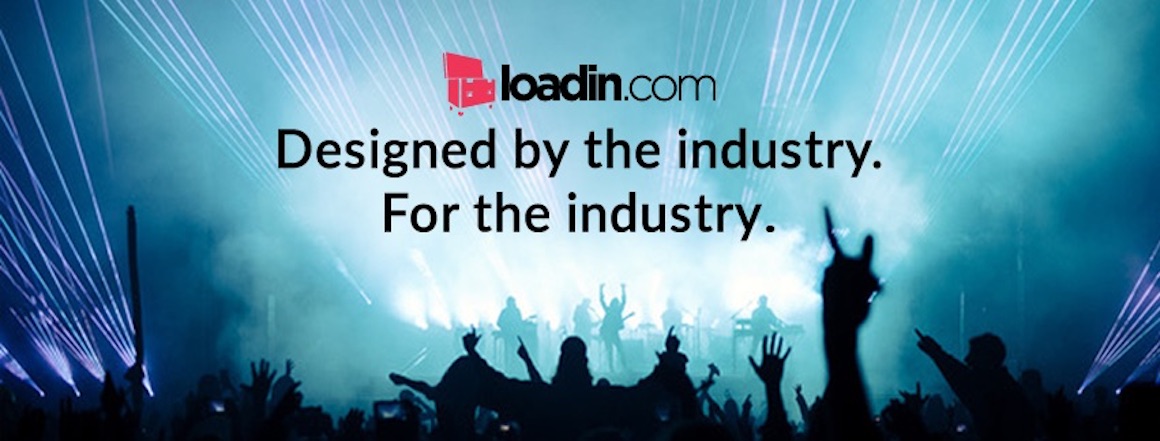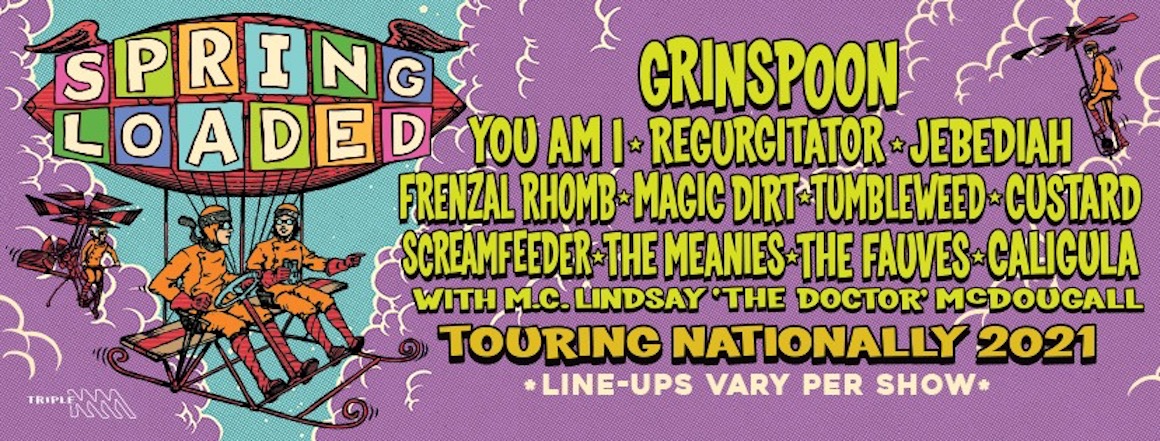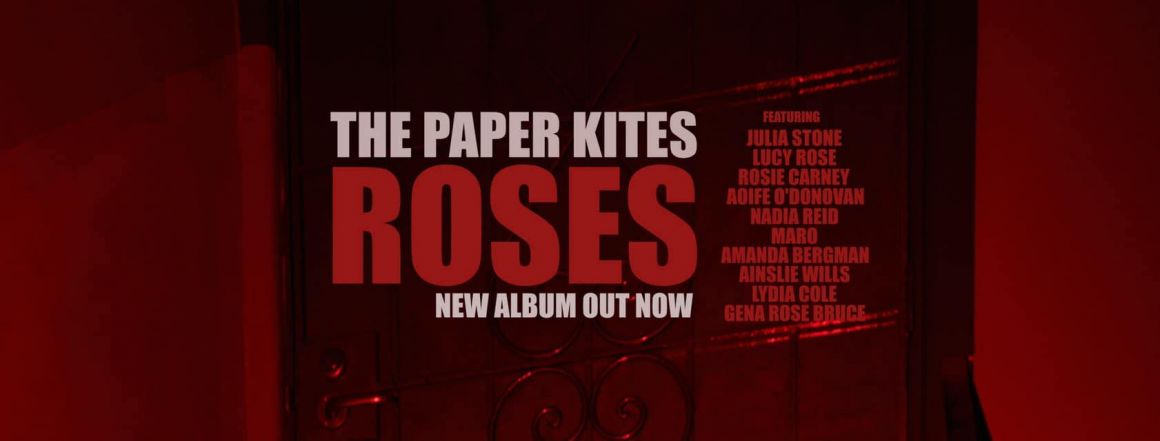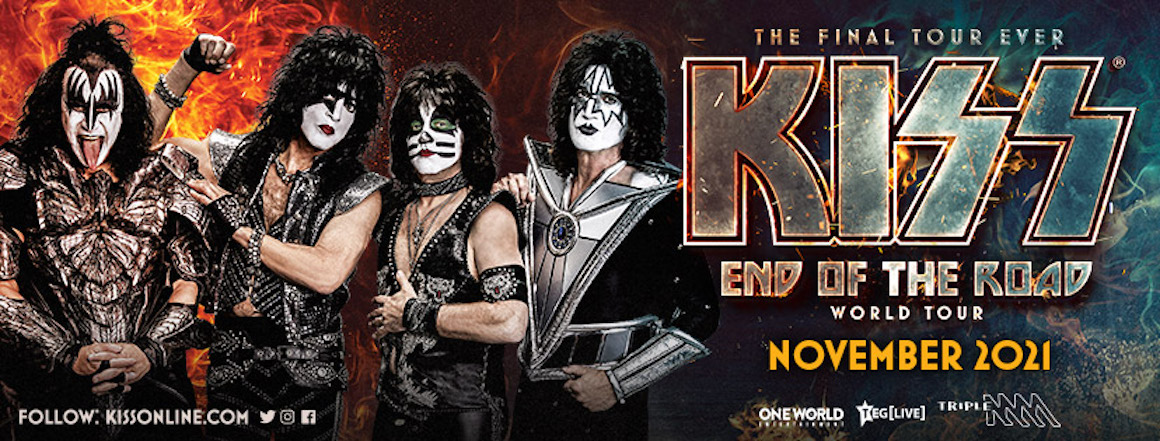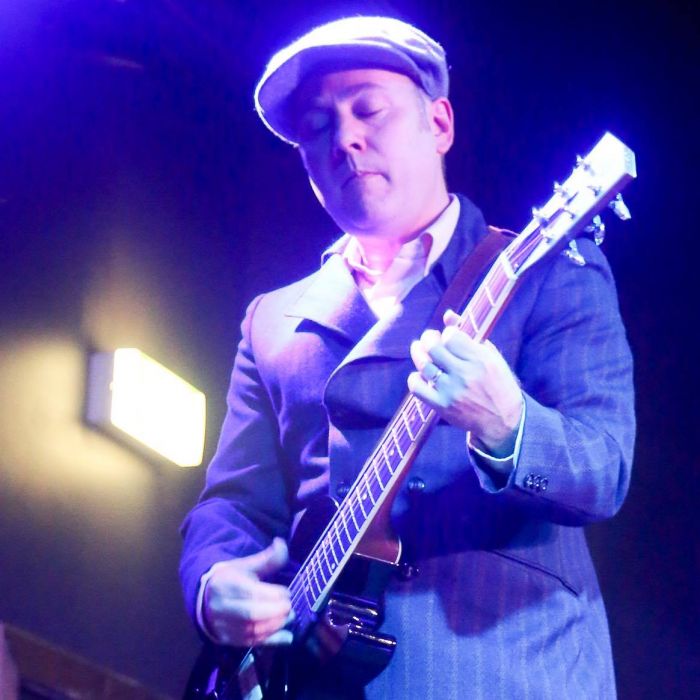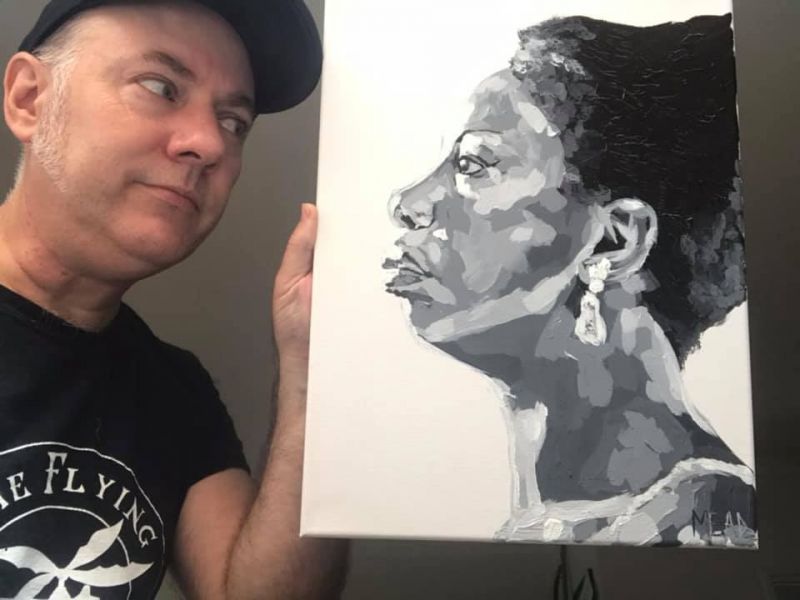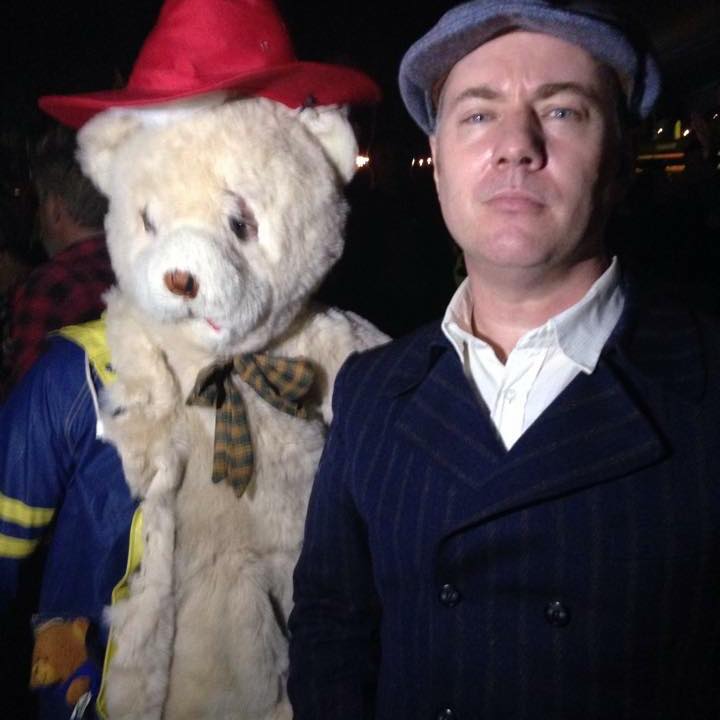Project Description
.
Interview with
JEFF LANG
Promoting his
‘Some Memories Never Die’
National Tour
+ Book Launch
(30th March, 2021)
Interviewer – Lucas Packett
.
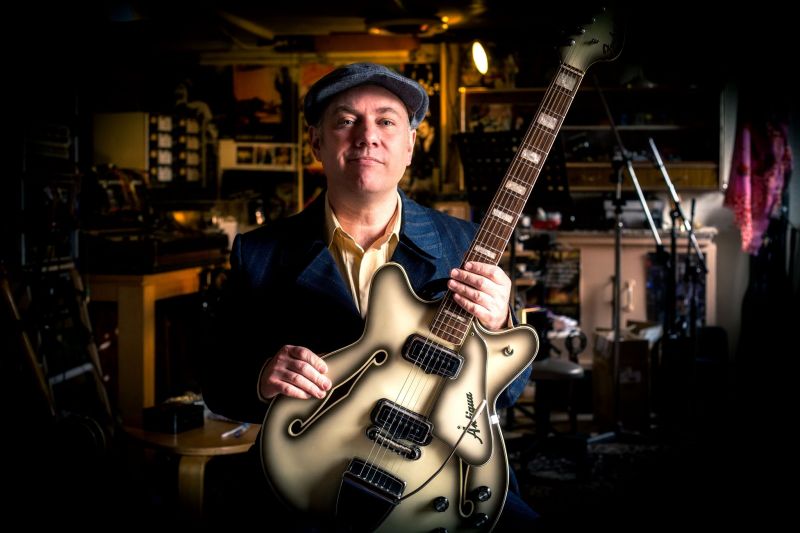
.
Australian guitarist-songwriter-vocalist-producer, Jeff Lang has built a reputation for making startling music that is accomplished, intricate, gutsy, melodic and loaded with soul. Often taking unexpected turns, he has consistently inspired his audiences by creating a stylistically diverse catalogueof over 30albums.As many journalists have written over the years, Jeff is not one to be easily pegged, though in a general sense it’s fair to say he largely trades in roots-oriented rock; wider reaching in collaborations with the likes of roving guitar anthropologist Bob Brozman, American blues-rocker Chris Whitley, India’s desert-dwellers Maru Tarang and world music virtuosos Bobby Singh and Mamadou Diabate. Jeff’s work with the latter won the 2010 ARIA for Best World Music Album, while he and Brozman took one home for Best Blues and Roots Music Album in 2002. Jeff received that same award on his own in 2012 for the album ‘Carried In Mind’. In 2020 Jeff published his first book –“Some Memories Never Die” –a memoir of three decades on the road; Memories of gigs where the pay was akin to blood money, reflections on how the road’s twists and turns can be lightened by the presence of fellow travellers and occasionally darkened by them too.
.
.
‘Some Memories Never Die’, the first book by musician and author Jeff Lang, is the resulting memoir of three decades on the road, containing memories of gigs where the pay was akin to blood money, reflections on how the road’s twists and turns can be lightened by the presence of fellow travellers and occasionally darkened by them to. Each purchase of the book comes bundled with a download code for an exclusive 22 track album of re-recorded versions of Jeff Lang classics, explicitly reproduced for the book’s publication. In addition, there is an audiobook version, read by Jeff and accompanied by a handful of other contributors.
To celebrate the book to release you’re hitting the highway for a 37 date national tour running from March through to July, with each show combining music with an ‘in conversation’ and Q&A session. This is something a little different for you. What will these shows look like?
Well, the main crux of it still performing songs. But yeah, doing some little exerts of the book, reading them during the show. Not for too long. You don’t want to try people’s patience and the moderated parts, the q&a parts, haven’t actually done those yet. The first shows in Tasmania didn’t have those. We’ll be kind of seeing how that goes as it comes up.
How did the idea for some memories never die paired with music come about?
Well, initially, my manager had started thinking about the idea of me doing a book of some kind. He’d suggested just a book of lyrics, doing like a print per order type of thing. I was sort of uming and arhing about that. I thought, well, maybe if I did that, maybe recording those songs to come with it would be a good idea. I was thinking, I don’t know if that’s really it, if that’s really what I do. But it sort of put that thought in my head and kept bubbling around. Then I was on a tour of Canada, or actually on the plane heading over to Canada. I’d been reading a friend’s book, a Canadian musician, named Garnet Rogers had done a memoir of his own from a certain period of his life in the early 60’. He’s a very engaging, funny writer, and there’s a lot of great stories. It’s because I know him, and I can hear his voice when I’m reading this, It’s like if you’ve ever been in a get together with friends from a certain period of time, and there’s a lot of stories from back then. The stories start flowing, then a lot of things start coming back to you. As if you’re just sort of on your own and someone says, “Oh, from decades of touring, you must have some funny stories?” You sort of find yourself going, “Yeah, I think so.” I can remember laughing, it feels like there’s nothing there. So reading Garnet’s book is what I’m getting to. It was kind of like, sitting in a storytelling session and things would be coming up. He’d be talking about something that happened and that reminds me of this, because the idea of doing a book had been kind of planted in my head. I just got the phone out and started jotting down a sentence here and there. This little anecdote and that little anecdote as things tapped me on the shoulder, I’d jot them down. And by the time I arrived in Canada, some 20 odd hours later, and looked at the phone, there was a lot there. So, I just started in the downtime on tour, tapping away or even on the plane tapping away. I’d have a moment so I just tap away and look look at the list. Something would jump out at me and I’d start telling that story. As I’d be telling that story, another one would come to me and and a theme would emerge. So the book’s shape kind of took place in the writing of it. I didn’t really set out to write a linear, autobiographical thing, the themes kind of jumped together and, and made themselves known to me. Then the other idea of having the songs, linked to it was kind of already planted in there somewhere. So I just put those ideas together.
One of the layers with listening to the audio book is the musical underscore you’ve created for each of the chapters, which adds an element you don’t get with the physical book. You talk a lot about sound, the love thereof from a young age, including depth of field in sound, surround sound, guitar tone and recording sound. Do you feel you’re able to translate what you’re hearing in your head to these live shows and recordings?
It’s part of it. I mean, there’s part of what what I do where it is trying to actually get something that you’ve imagined literally translated. But the engagement with sound also takes place within the process. So, I might have an idea, or I might have a notion of how something might sound. You know, a certain way of processing a signal or a certain way of physically approaching an instrument and how it might actually come across when you actually hear it. But then when you start doing it you either go, this isn’t literally it, it’s wrong, or, it might not sound literally, like I imagined something, but it might kind of sound better in some ways. You have to be open to it. It’s all about listening and responding. So, if you’re making a certain sound, I mean, if you don’t like it, then sure you know, you change something when you’re not getting what you want. Certainly, in the world of recording, a lot of it is going, “I wonder what this will sound like”? And then seeing how it actually comes out and responding to that as you go. Then I’ll be performing the song, and I’ll be hearing what’s coming back from that, and it changes the outcome. The way you set it up will change the way you actually perform. It’s in a subtle way, it’s kind of like different rooms, that you perform in on tour. You play into the space and you hear it coming back and you don’t try to present the same thing through the course of the night. Well, I don’t anyway. It’s not a note for note, rehearsed and scripted thing.
Yeah, that’s it reminds me of the David Byrne book ‘How music works’
Yeah, actually, I’ve got that here.
.
.
He talks a lot about responding to music in environments, rooms and all of that.
Yeah, that’s the thing. It’s not just the the instrument in your hands, and it’s not us, the people who are performing with you. It is also the space your’e in at a gig, the way that you amplify the music and to what degree you amplify it and how you get that all set up, that also influences the outcome as well. So these are all things that I find stimulating and interesting.
Do you find that burdensome with different rooms? Or is that a good challenge for you?
Well, the challenge for me in gigs has been getting a setup for myself where it’s pretty dependable and adaptable night after night. I try to take responsibility for what I’m sending to the sound engineer, so what’s actually arriving at the console doesn’t need fixing. It’s adaptable, you know, in certain places you can get away with doing it more exactly like an idealised way of running sound. But if you’re in a room where there’s problems, then I can kind of just adjust things so that it will get enough of what I’m after, out of that space without the rooms problem taking over. You often play in rooms where they’re not set up for sound, where the sound of the gig is kind of an afterthought. Sometimes things maybe not ideal but they can be interesting too. The sound of certain rooms like the Thornbury Theater can be interesting. That’s a room, that’s not really set up for a rock and roll band. Certain things are coming back to you from that big high ceiling and reflective surfaces, but you have to find a way to contend with it. You might even change the way you perform certain material, or you might even change the type of material you play based on what that room gives you and what’s actually going to assist you from that space.There’s no point in trying to struggle and fight against physics the whole night.
You’re on the record for saying that your songs aren’t all necessarily autobiographical in nature, and how there’s a truism that songwriters should ‘write what they know’. How important is storytelling, factual or fictional, in your songwriting?
It’s important to me. I mean not not all of them are literal stories. Some things might be more, more of an impressionistic approach. Sometimes there’s a poeticism that just comes from the way words bounce off each other and spark an image based on how those words resonate with you. A lot of Bob Dylan’s songs are like that. But yeah the folk storytelling songwriting, you know, the ballad tradition, I love all that stuff. So it doesn’t surprise me that comes out in what I do. It’s a good way of giving yourself the chance to have more material. You don’t necessarily need to go churning your private life up just to have something to write about. I don’t really get that. The truism that you should write what you know needs to be pretty flexible. It doesn’t literally mean, to me, you should write things that you have lived. To me that seems a little bit redundant, and potentially quite boring. Do I really have to write about driving around in a van to get to a gig? Sounds like not much of the song. Just because something happened to me is definitely not a guarantee that I’ll find it interesting to write about or sing about. So why would anyone want to hear about it?
The chapter about Chris Whitley, it is one that tells a vivid tale of friendship through adversity. You talk highly of Chris’s talent as a friend, a guitarist, a singer, songwriter. But there’s an honesty in in documenting the demons that Chris was facing in brutal vulnerability. What was it like working through the battle of protecting your friend and wanting to share the realities of his grief and addiction at the time?
There’s a risk of going too far with that type of stuff and oversharing. If there’s a point to the entire book, it was to give people who weren’t there, a glimpse at the art inside this way of life, what it’s been like in lots of different ways. I wasn’t sure when I was writing that story, whether I would include it. There’s a few things I wrote that didn’t get included in the book. You’re never sure if is it going to work. Is it going to be too much or anything. You can always edit things afterwards. There’s certain things that are left out that just didn’t feel like they were the right things to share. I mean, I do feel I didn’t want to try and over egg it either and try and make it like, “Oh, well, I was one of his closest and dearest friends and I was all he had against the world” or something, it’s not like that. It’s more, you work alongside people and you come in contact with people who mean a fair bit. Artistically Chris meant a lot to me. The fact that we became friends meant a lot to me and the fact that he chose me out of all the people that he’d worked with, I’m the only person who he decided he wanted to make a duet record with. That kind of blew me away. Sure, there’s lots of people that he worked with that given all the time on earth, he would have loved to have done that with. In a lot of ways, anyone who he collaborated with on his own records, was part of that same process. Someone like Dougie Bowne, who’d played drums with Chris was as much a collaborator as I was, probably more so in a lot of ways. So, I’m not trying to oversell that part of it, but it did mean a lot to me. When I first met him it was amazing for me, because the sort of area that Chris worked in was already part of what I was doing before I heard him. But it was as if there was certain highways that ran through my music, then seeing Chris was like looking a long way further down that particular highway. I said to him that it was a great thing to see how much further down that particular path he’d gone. He’s like, “Well, I was 10 years older than you”. You know, music’s a language and you learn and you pick up accents from things that you hear and you converse with them. You converse with the ideas that you heard from people that you’ve met that inform the way you think and the way you talk with people within music. I wanted to honour that within the chapter. There was a connection there with Chris. The more difficult part of that was talking about his journey and my intersection with it. That’s a real part of the process of the music life. It’s not really about whether Chris was drinking a lot, although that’s part of it. It’s just about that, it’s a weird thing to do with yourself and how it can lead to a certain disconnected or dislocated feeling. What do you do with that? How do you know how you cope with that? That’s all part of it. So, that’s part of what the the reasoning for including that chapter was around. It sort of illuminates a different facet of what it’s like to do this, viewed through the prism of my relationship with great artists.
.
.
‘Half a tank of hope’, which was originally released on the ‘Chimeradour’ album was paired with that particular chapter. That songs about Chris Yeah?
Yes, it is, Yeah.
The track ‘Release’, which is paired with a chapter titled ‘Ireland’ and is originally included on your album, ‘Everything is still’ from 2001 and was later included as a live version on 2016’s, ‘Rarities 1994 to 2012’, the vinyl release. It’s quite a different version when it comes to the guitar accompaniment. It’s a much grittier and dirtier version. How was that recorded? And was there any particular reason to change it up?
I did want to try and present different interpretations of the songs to come with the book. To my mind, songs should be pretty flexible, you should be able to do them a number of ways. It’s not essentially different. Originally, it was a fairly hushed kind of acoustic song for the most part. And so I thought Oh, well, what would it be like if I kind of just got handed Neil Young’s guitar rig, and just had to play it on that. And so I just just got out of a Fender amp and this Gretsch electric guitar and just cranked it up to full and just did the song live on the floor like that. And yes slowed it down a bit.There’s a certain sound that happens with that type of guitar setup, where everything’s a little bit on the edge of chaos and you want to play a song that’s, in some ways a delicate song, you don’t want to brutalise it. But there is a thing where there’s a great equation with guitar, which is loud-sound, soft-touch. That can be a really good paradigm to set up for yourself. You’ve got an amplifier, that’s all breathy and screaming and on the edge, and if you played it hard, it would just be pure, you know, power chords and raunch. But you actually play it quite softly with the amplifier close to you, so it’s on the verge of feeding back all the time, but you’re just brushing the strings. That can be a good combination to work off.
‘Some memories never die’ is full of, as Brian Nankervis puts it on the book sleeve, ”stories that are hilarious, shocking, illuminating, and true”. Is there one particular story that’s favourite or standout for you?
Actually the one that sort of comes to mind when you ask that is the one about traveling up in the northwest of Australia with Phil Manning. Probably the reason that one jumps to mind is it was the last one that I wrote for the book, and I had almost forgotten about it. I went around to a friend’s place and he asked me if I’d ever seen the film ‘Wake in fright’? I hadn’t and so we watched it. At the end of the film, I said, “holy crap, that song reminds me of this tour that I did!”. He’s like, “wow, have you included that in your book?”. I’d forgotten about that until now. It was kind of a good reminder that whilst the book has got lots of tales in it, it’s not necessarily all of them. I’ve got messages from people who I’ve toured with where they’re like, “Where’s all the stories about this guy?” Yeah, sort of forgot about that. Like, the idea of it being true, I mean, sure, I’m trying to recount them as best I can. But there is a truth from my perspective. Someone might go, “man, that wasn’t him Who said that? That was that guy who said that”. I remember it as being him. You know, it’s one of those things, memory is a funny thing. You remember things a certain way. It did surprise me how many things seem to have stuck. A lot of stuff didn’t. I hadn’t really thought about things from when they happened to actually writing the book. Certain stories would come out, just leap out of the subconscious and I’d be like wow! I haven’t thought about that since then. Wonder why that is still floating around back there. So yeah, that one with Phil up in the northwest of Australia, that was a pretty hairy weekend. It had a lot of stuff that you’d go, wow, how do you get yourself into that? Like, I don’t know. That’s the sort of funny thing about it. My friend, Lucky Oceans, said that he enjoyed the book because I’m not like a drunken carouser. A lot of the stuff that happens is just, this is what happens. These things happen because that’s the life. You don’t necessarily need to live chaotically to have an amount of chaos happen. When you do this job just because it seems to be for better or worse, it seems to be kind of built in.
The chapter ‘Violence and Blokes’ is really interesting one. Having to get out of pubs when your life was potentially in grave danger is a real a real eye opening one.
There certainly was a period when I was first playing shows where just it seemed like there was a lot of male violence was around, it just seemed to be the thing. As I was writing that chapter, I more and more just kept thinking about how that ties in with notions of maleness and what it means to be masculine. It’s a real underselling of what it means to be masculine. It’s funny, you talk about Chris Whitley, but we spoke about that stuff on tour at times. He said to me, once “you’re like, the least macho guy that I know”, and he didn’t mean it as an insult. But in the sort of traditional kind of imposed concept of what masculinity is, it would seem like that would be an insult. I’ve never really felt much attraction to machoism, necessarily. If it’s tied to something that I find artistically rich and rewarding, then maybe. There’s something macho about Link Wray playing ‘Rumble’. But is it really macho? There’s really just something visceral about it. There’s something menacing and brooding about that I find compelling. Even though I identify that as something that might be construed as a macho thing that I love, it’s not necessarily the machoness of it. It’s not that it’s a guy doing it that’s great, a woman playing that would be completely bad ass. There’s a lot of the things about being macho and male that are under selling of what it is to be a man. So I saw a lot of that stuff flying around back then and people thrown billiard balls at each other over nothing.
.
.
It’s your voice we hear on the audio book version, along with some guests It’s a real plus when the author reads their own work. Did you intend to record the reading yourself? And how was that process?
It was long! It’s a long job. I did intent to and then after awhile I was so sick of the sound of my own voice. Because I wasn’t just reading it, I was also the engineer and I was editing it. I guess people who don’t do engineering of recordings, wouldn’t maybe realise, but when you’ve got something like an audio book, where someone’s talking, it’s more work than it would be with someone singing over a backing. Because when there’s a band, there’s a lot of noise and other sounds that are kind of fighting for room in there. The voice is allowed to sing on there. You can kind of mask certain stuff. Initially I was just listening to myself talk for hours and hours and hours, it’s very exposed, there’s a lot of noises, clicks and pops that your mouth makes when you’re talking that are just normal, and you don’t notice them necessarily. When someone’s talking to you in a room you don’t notice them, when there’s a microphone a couple inches away from their mouth and it’s in your headphones you notice. So because it’s me I’d be like really noticing it. So it took ages editing all that crap out and getting rid of any spots where you stumble and muck up words and things like that. So at a certain point I was just so over the sound of my own voice that i started thinking geez it would be good to get someone else to read something. So where possible I got people who were quoted to read their words where they were quoted because I thought that’d be a nice touch and that was fun. In the process of that I had Liz Stringer who was quoted in one chapter and she agreed to read one, which I thought would be nice. Because by the time we got that far in it just breaks it up. My friend Peter Mole, he is a songwriter and guitar player from the Boston area, he was someone who was part of that stable of artists who toured with this booking agent that I was talking about in the Ireland chapter. I was thinking of Peter, even though he’s not mentioned in the story I thought it would be good to get Peter to read that chapter, just because even though it’s in my voice, he was a part of that scene. I played shows with Peter that this agent organised over there, and it had a real charm. That period of touring in Ireland, it had a real charm and it’s very much connected in my mind to that country and that particular booking agents way of working and Peter was part of that. He’s got a lovely speaking voice so i was thankful that he agreed to do that, but yeah, you know to break it up a little bit.
I thought it was a lovely addition and as i mentioned I think it was really nice having you as the author and having lived all that, read it as well. I think you read it through that lens.
Yeah, you know what the thrust of the story is you know where the where the emphasis should be
Liz Stringer was a really great addition as well
She’s such a great artist and killer music. She knows a lot of the people who I was talking about in that particular chapter, about that all of the bits of advice and and insults that you get from people over the years. She’s done enough miles on the scene and there’s a lot of laughing! I was sitting in the room with her while she’s reading that one and we’re both cracking up a lot just reading bits about certain friends. People say things, it’s just amazing how harsh that can be sometimes… but you have to laugh man! You can choose to look at how life’s difficult and for some people it’s genuinely, genuinely really difficult and I don’t expect them to find that funny. Unlike me the difficulty in life is largely coming out of the choice that i’ve made to do a particular thing. There’s hardships that happen to everyone and it’s a ridiculous kind of way to make a living, traveling around playing music in some respects. A lot of the things that are difficult about it are just built into that and it’s a choice that i’ve made or it chose me or I chose it or we chose each other. I have to view any of that sort of stuff as just like a cosmic joke that’s being played at my expense and I have to just roll with it and find find it funny. Liz has that kind of attitude as well. Even things that make you really freaking cross, they still also are funny!
Just finally, you got any new music in the works?
Yeah, my wife and I have been making a duet album, where we’re singing all the songs together, harmony, singing all the way through every song. We’ve been working away at that during lockdown time. That’s been an interesting project, because it doesn’t sound likes me, she plays on songs, you know, it doesn’t sound literally like either of us, it’s a different sort of thing. So that’s, that’s been fun to work on. We’ve made most of that album, I made most of another album of instrumental 12 string, improvised music, solo 12 string guitar. So that’s also in the can, well largely finished nearly, not quite, but nearly finished. Also slowly accumulating material. I haven’t written as much in the last year as I might have, in years past, but there’s been song ideas bubbling up, I’ve been capturing certain things. Somewhere down the track, it’d be good to do another album of songs, as opposed to these other two things that are sort of ahead of that in the pipeline that are different. I mean, the one with my wife, they are songs aswell. We chose some sort of experimental processes with writing them to just kind of trick ourselves into writing different types of stuff. So yeah, there’s new music coming.
.
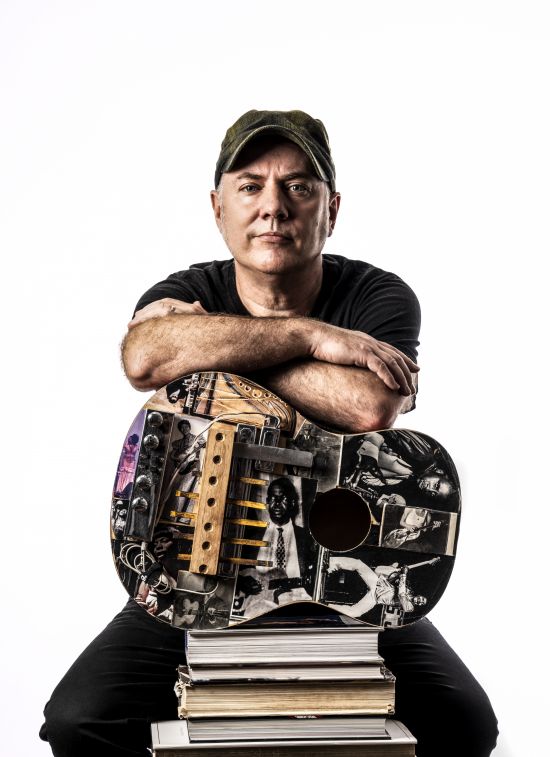
Photo – Chris Franklin
.
Check out JEFF LANG below
Website – Facebook – Instagram
.
.
TOUR DATES
APRIL
Saturday 3 BluesFest, Byron Bay NSW
Sunday 4 BluesFest, Byron Bay NSW
Friday 16 Trinity Sessions, Adelaide SA
Saturday 17 Three Brothers Arms, Macclesfield SA
Friday 23 The Music Lounge, Wollongong NSW
Saturday 24 The Street Theatre, Canberra ACT
Thursday 29 Goleby’s Basement, Ipswich QLD
Friday 30 Seabreeze Hotel, Mackay QLD
MAY
Saturday 1 The Imperial Hotel, Eumundi QLD
Sunday 2 The Zoo, Brisbane QLD
Friday 7 The Dust Temple, Currumbin QLD
Saturday 8 The Citadel, Murwillumbah NSW
Friday 14 The Barwon Club, Geelong VIC
Saturday 15 Meeniyan Hall, Meeniyan VIC
Sunday 16 Way Out West RootsClub, Newport VIC
Friday 21 The Vanguard, Newtown NSW
Saturday 22 Yarramalong Hall, Yarramalong NSW
Sunday 23 Dangar Island Bowlo, Dangar Island NSW
Friday 28 Tanks Centre, Cains QLD
Saturday 29 Townsville FolkClub @ The Bellevue Hotel, Townsville QLD
JUNE
Friday 4 The Rhythm Hut, Gosford NSW
Saturday 5 Lizottes, Lambton NSW
Sunday 6 Bellingen Brewery, Bellingen NSW
Friday 11 Blue MountainsCommunity Theatre, Springwood NSW
Saturday 12 Upper Lansdowne Hall(2.30pm)Upper Lansdowne NSW
Saturday 12 Wauchope Arts Hall(7.00pm) Wauchope NSW
Sunday 13 The PelicanPlayhouse,Grafton NSW
Friday 18 Freo Social, Fremantle WA
Saturday 19 The Vault, Kalamunda WA
Friday 25 Sooki Lounge, Belgrave VIC
Saturday 26 Palais Hepburn, Hepburn Springs VIC
JULY
Friday 2 Memo Music Hall, St Kilda VIC
Saturday 10 Brass Monkey,Cronulla NSW
.


